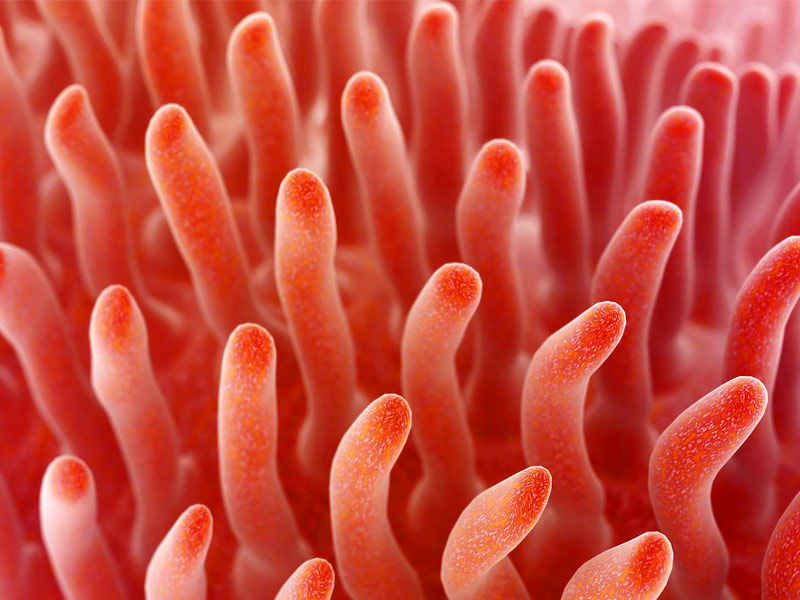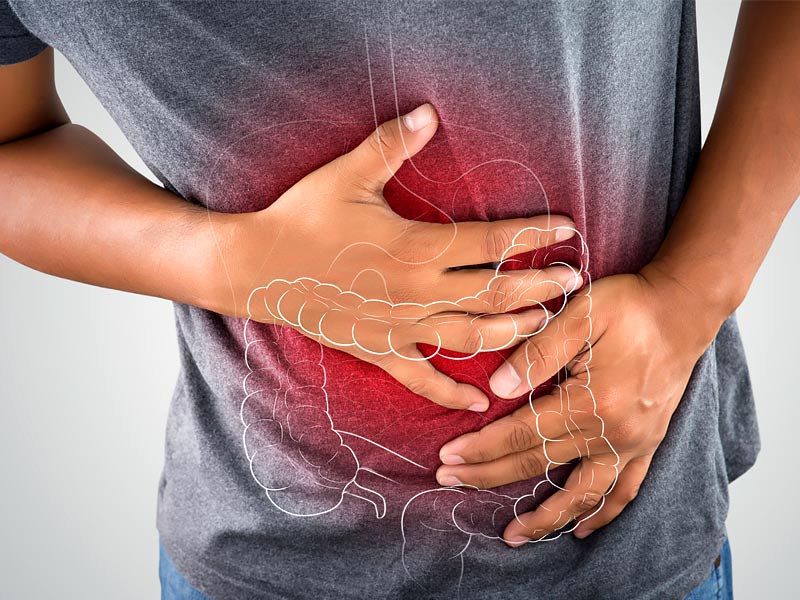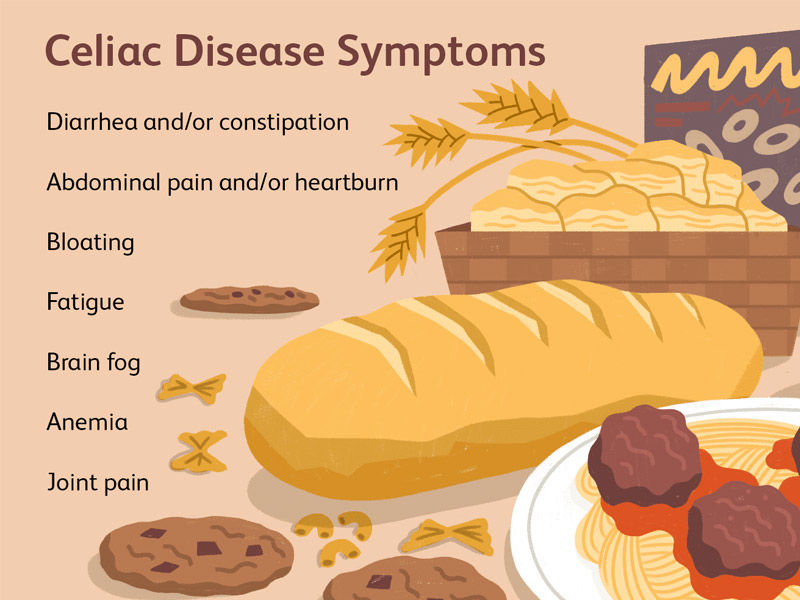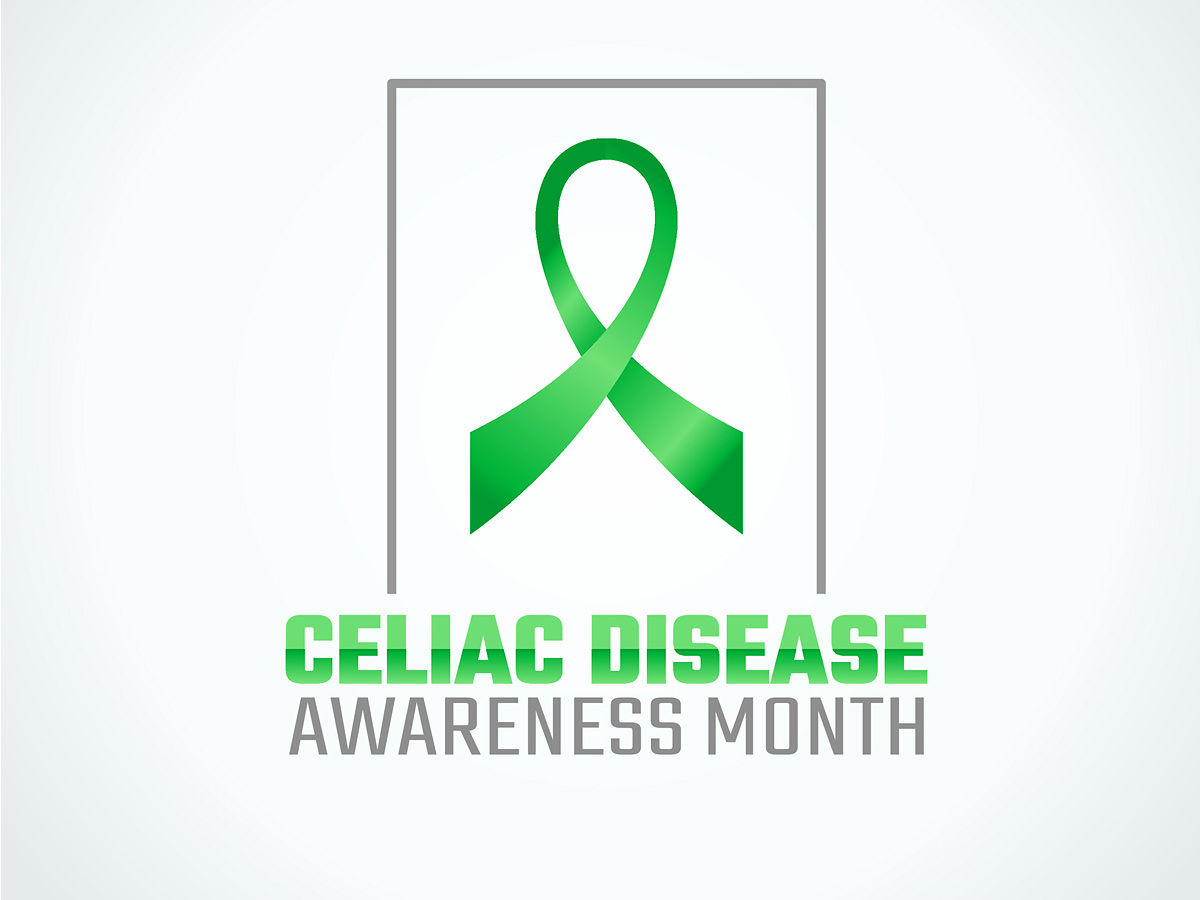Ever ponder the rationale behind someone quitting gluten? Many people choose to live this way of life to be healthy, but frequently they are forced to. Here’s what it’s like to have celiac disease and have to avoid eating gluten. For Individuals with celiac disease, consuming gluten can be fatal.
Celiac Disease: What Is It?

An autoimmune condition called celiac disease is brought on by eating gluten. It is also referred to as gluten-sensitive enteropathy, nontropical sprue, and celiac sprue.
In wheat, barley, rye, and other grains, there is a protein called gluten. It is what gives bread its chewy texture and elastic dough.
When a person with celiac disease consumes gluten, their body overreacts to the protein and harms their villi, which are tiny projections that resemble fingers and are found along the small intestine’s wall.
Your small intestine cannot properly absorb nutrients from food if your villi are damaged. This may eventually result in malnutrition, bone density loss, miscarriage, infertility, neurological disorders, or even some types of cancer.

Refractory or nonresponsive celiac disease is the term used if your condition doesn’t improve after consuming any gluten for at least a year.
Most celiac disease sufferers are unaware of their condition. Only 20% of those who have the disease, according to researchers, receive the proper diagnosis. Since the symptoms are so varied and the damage to your intestine occurs very slowly, it may take years to make a diagnosis.
Also Read: Eating Disorders: Is it possible for erratic eating to cause health problems?
Are gluten intolerance and celiac disease the same thing?
Gluten sensitivity or gluten intolerance is not the same as celiac disease. Some of the same symptoms may be experienced by those who are gluten intolerant, who may then decide to avoid it. However, they do not demonstrate an immune response or small intestine damage.
Symptoms of Celiac Disease
The signs of celiac disease are distinct from those of a food allergy.
If you eat something that contains wheat despite having a wheat allergy, you might experience breathing difficulties or watery, itchy eyes.
Celiac Disease Symptoms in Adults

The following symptoms could appear if you have celiac disease and unintentionally consume something that contains gluten:
- Continent pain
- Anemia
- Having a bloated or full feeling
- Joint or bone pain
- Constipation
- Diarrhea
- Gas
- Heartburn
- Itchy rash with blisters (doctors call this dermatitis herpetiformis)
- Fatigue or headaches
- Oral sores
- Nausea
- Nervous system damage, such as tingling or numbness in the hands or feet, balance issues, or altered awareness
- Pale poop has a strong odor, or floats (steatorrhea)
- Loss of weight
Causes of Celiac Disease and Risk Factors
There is no known cause of celiac disease, according to research. It frequently runs in families and could be influenced by particular genes. It can be brought on by stressful medical circumstances like a viral infection or surgery. A pregnancy or emotional trauma can also.

You have a one in ten chance of developing celiac disease if a parent or sibling or another member of your immediate family does.
The disease most frequently affects Caucasians and those who also have other illnesses.
Diagnosis
By looking at the patient’s and their family’s medical histories and ordering tests like blood work, genetic testing, and biopsies, a doctor can frequently diagnose celiac disease.
Antibodies, such as antigliadin and endomysial antibodies, that are frequently present in celiac disease patients are detected in the blood by doctors.
A doctor may perform an intestinal biopsy using an endoscope to collect samples of the intestinal lining if other tests reveal celiac disease. To improve the accuracy of the results, they typically require several.
Most people discover that significantly reducing their gluten intake significantly reduces their symptoms. It enables intestinal healing.

Drugs like diamino diphenyl sulfone (Dapsone), which treat dermatitis herpetiformis, can lessen the symptoms. But because this does not heal the intestine, it is still essential to follow a gluten-free diet.
Vitamin and mineral supplements can help people with celiac disease avoid or correct deficiencies.
Drug therapies are still being developed by researchers to ease the symptoms of celiac disease and enhance long-term prognoses.
Also read: 10 Gluten free restaurants and stores in Delhi
When Can I Expect Results?

Your symptoms ought to get better a few weeks after you start eating gluten-free. Many people begin to feel better within a short period.
It will probably take several months for your intestines to get back to normal. Years may pass before they recover fully.
Children with celiac disease benefit greatly from a gluten-free diet. Along with eliminating symptoms like diarrhea and pain in the abdomen, any behavioral problems might also get better.
Additionally, kids typically resume their normal growth rates and catch up in height quickly.

























